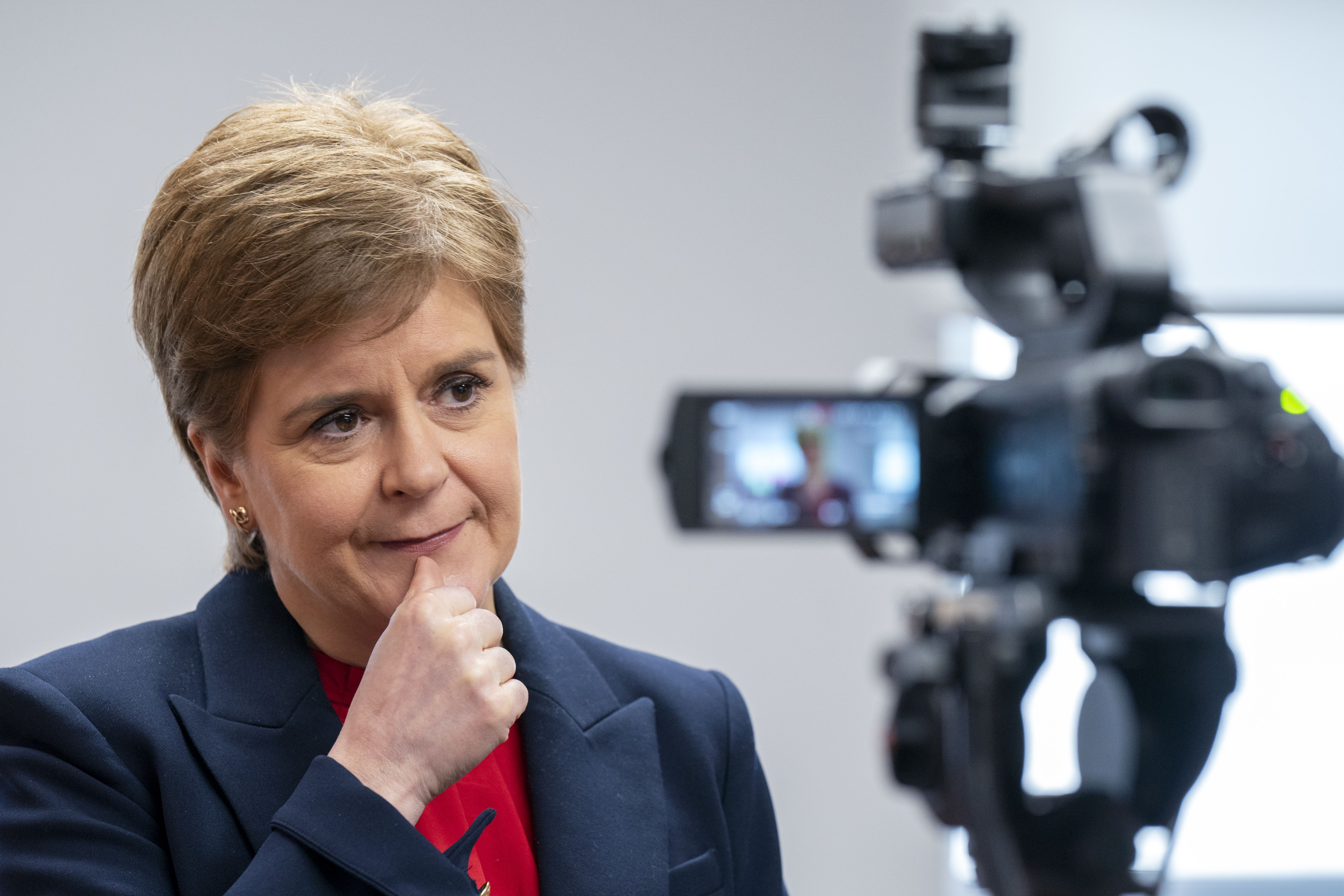What now for Nicola Sturgeon’s push for an independent Scotland?
The first minister wants to fight the SNP’s next general election campaign as a ‘de facto referendum’ – but it isn’t yet clear what that means in practice, writes Chris Stevenson


Not unlike the constant back and forth over Brexit, the issue of Scottish independence has never really gone away since the referendum of 2014. Indeed, first minister Nicola Sturgeon called for “indyref2” in the wake of the UK vote on withdrawal from the EU – with Scotland having backed remain by 62 per cent to 38 per cent.
Sturgeon wanted another independence vote in October 2023, but the Supreme Court has said such a poll cannot be considered binding without legislative approval from Westminster. David Cameron’s government agreed to the 2014 vote, but such backing this time seems a distant prospect, with Downing Street saying in the wake of the court decision that Mr Sunak has no “imminent plans” even to speak to the leaders of the devolved governments and no “immediate” plans to visit Scotland.
The response from Sturgeon and the SNP has been to accuse the UK government and the prime minister, Rishi Sunak, of “denying democracy” and treating Scotland with “contempt” – raising the question of whether the union is a “voluntary partnership of nations”. All arguments that have been pushed before.
The “voice of the Scottish people” will not be silenced, Sturgeon told a rally of supporters on Wednesday night. The UK is “not a voluntary partnership of nations”, she said. “Any partnership in any walk of life that requires one party to seek the consent of another to choose its own future is not voluntary – it is not a partnership at all.”
With referendum plans seemingly scuppered, the first minister has made clear that she wants the next UK general election to become a “de facto referendum”, having previously stated that the SNP standing on a single-issue platform would be a “last resort”. Sturgeon’s press conference in the wake of the Supreme Court decision will do little to stem the questions she will face about what this strategy will actually mean moving forward. Other parties contesting the general election will make the argument that the general election is about choosing a government, so for the SNP to push one issue above all others is doing a disservice to voters.
“We must and we will find another democratic, lawful and constitutional means by which the Scottish people can express their will. In my view, that can only be an election,” Sturgeon said after the ruling. “As of today, democracy is what is at stake ... It is now about whether or not we even have the basic democratic right to choose our own future.”
The campaign for another referendum has essentially become a longer-term issue, with this latest setback being woven into a narrative of democratic will being denied. Sturgeon’s hope will be to win more than 50 per cent in the next election and claim that as a mandate for another referendum. In the SNP’s best-ever election result in 2015, the party won 56 of 59 seats in Scotland and about 50 per cent of the vote share. Which would certainly make Sturgeon’s stated intention about the next general election a gamble. Particularly given that, according to Professor John Curtice, recent polling on the issue of an independence referendum in Scotland has both the “Yes” and “No” sides hovering close to 50 per cent, meaning that “anyone tells you they know what the outcome would be if there were to be a referendum tomorrow, they’re a fool”.
In that context, it makes sense that Sturgeon has sought to push some of the questions about the practicalities of the SNP approach into next year by announcing a special SNP conference “to discuss and agree the detail of a proposed de facto referendum” adding that SNP members will have a say in deciding how the party presents its offering to voters. As a case in point, when asked about whether votes for the Scottish Greens and the Alba Party would count towards the pro-independence mandate the first minister wants, Sturgeon said the special conference in the new year would determine such matters.
Expect to hear that answer quite a few times over the next few weeks.



Join our commenting forum
Join thought-provoking conversations, follow other Independent readers and see their replies
Comments